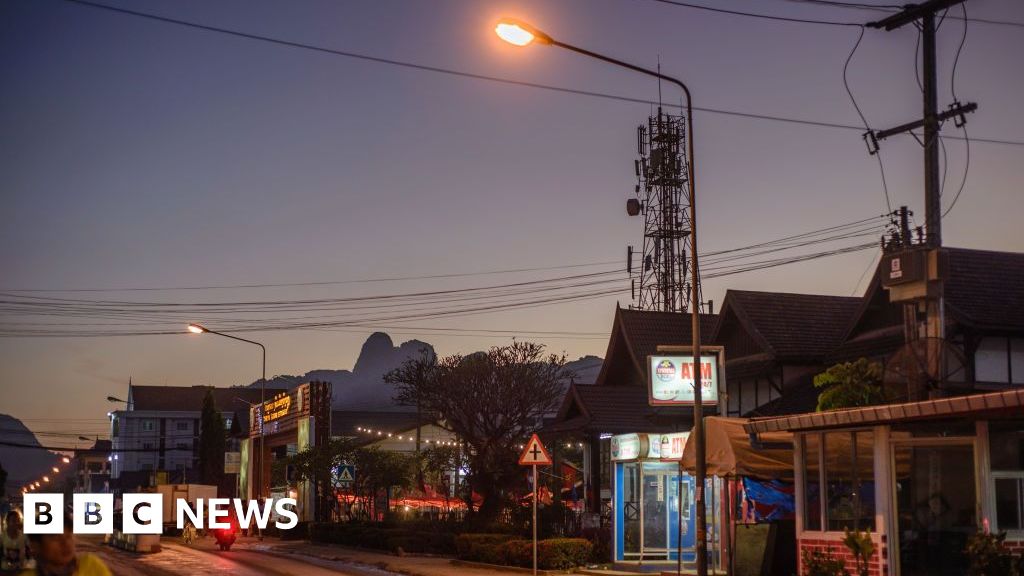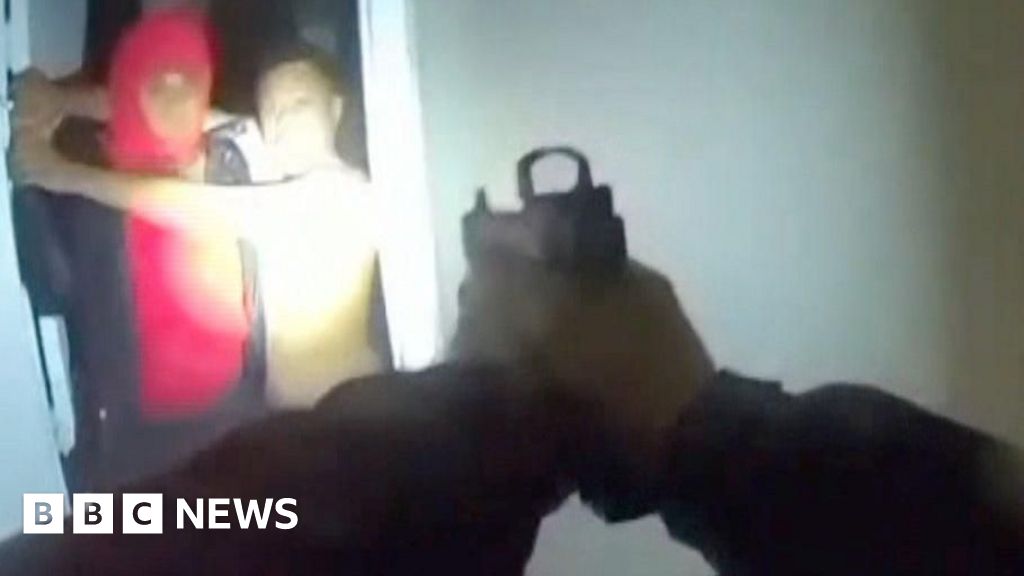You have a preview view of this article while we are checking your access. When we have confirmed access, the full article content will load.
Hundreds of residents of tiny Ain Ebel in southern Lebanon heeded the Israeli military’s warning to flee. Many sought shelter in a nearby monastery.

It began with a flurry of phone calls. First to the village doctor, then the local municipal chief. The man on the line identified himself as an Israeli officer and said they had 45 minutes to pack up their things and leave, or their lives would be in danger.
“We told them that there is no Hezbollah in our area,” said Rakash Ashlar, a father of two who fled the Lebanese village of Ain Ebel on Tuesday. Their small Christian community is just a few miles north of the Israeli border.
The man with the gruff voice would not listen.
As Israel began a ground invasion of Lebanon on Tuesday, Ain Ebel was among more than two dozen towns along the border that the Israeli military told to evacuate. Although Hezbollah, the Lebanese Shiite group, exercises de facto control over much of the country’s south, the region is peppered with Christian, Druze and Sunni Muslim communities that are not aligned with the group.
Most of Ain Ebel’s homes were already empty, the women and children having fled months ago. Few there could forget that the village had been caught in the crossfire before. In 2006, when Israel and Hezbollah last fought a major war, the townspeople were besieged and had no bread for nearly three weeks.
Those in the village figured this time that they had three options: stay put, try to make it to Beirut, or flee to Rmeish, a nearby village that was not told to evacuate, and take shelter at the Lady of the Annunciation Monastery there. Most considered Rmeish the safest option, and soon honking cars began careering through the streets as they made the three-mile dash to the monastery.
Najib al-Amil, Rmeish’s 72-year-old priest, said the bare brick monastery had sheltered hundreds of Ain Ebel’s residents on Tuesday. Most were later evacuated to Beirut by the Lebanese Army and the Red Cross, although dozens remained overnight, fearful of being caught in the crossfire if they left.

 1 month ago
8
1 month ago
8











 English (US) ·
English (US) ·